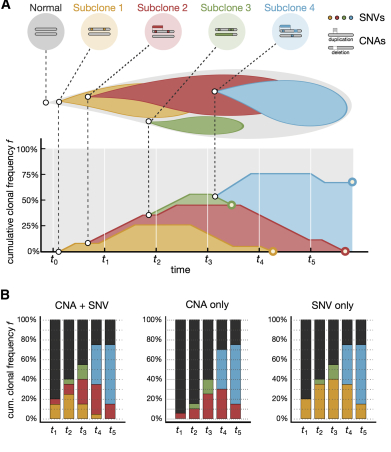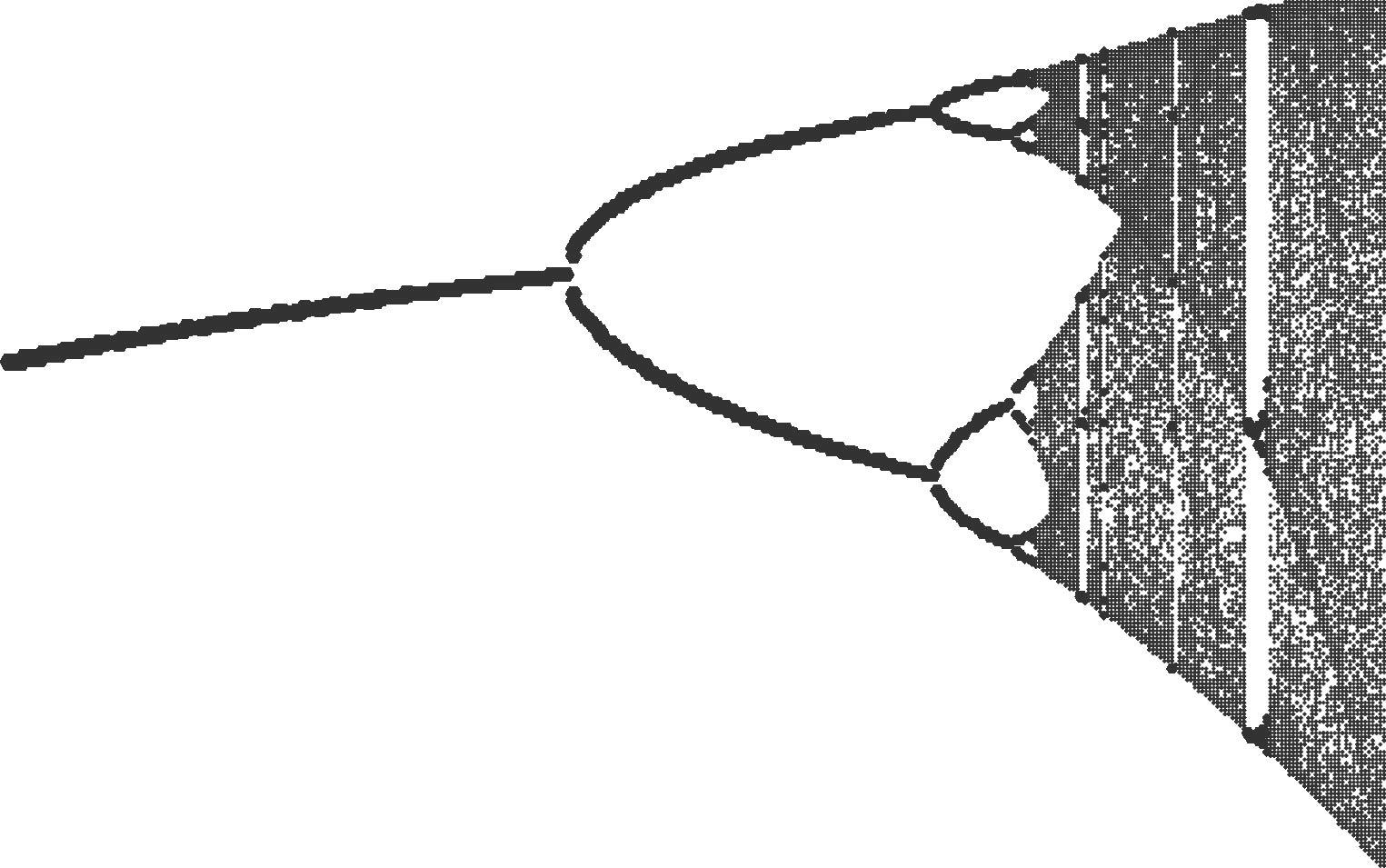Date:
Location:
Presented by Ignacio Vazquez-Garcia, Sanger Institute, Cambridge, UK

Abstract: Cell populations, such as microbial communities or tumours, typically harbour significant genetic and phenotypic variation before any selective treatment is applied, which lays the foundation for drug resistance. We can gain a quantitative understanding of clonal evolution in such complex populations by integrating statistical analyses of genomic sequences, mathematical modelling of evolutionary dynamics and controlled experiments in laboratory evolution. To address this, the talk will draw upon examples of clonal evolution in microbial populations in the laboratory and in tumour samples from patient cohorts. Firstly, I will present an inference method to reconstruct the clonal composition of mixed cell populations by genome sequencing. Secondly, I will present evidence about the repeatability of clonal evolution under therapy, based on massively parallel evolution in yeast measured by sequencing and real-time colony imaging. In this context, I will discuss the role of population diversity on the fate of new mutations and its influence on the rate of adaptation. Finally, I will highlight how monitoring and feedback of a population can play a central role to control the dynamics of clonal evolution, e.g. when applying selection with nutrient limitation or drugs. I will present our work on stochastic control theory to derive optimal adaptive therapies, and a strategy for model-based experiments to test whether these optimal protocols avert drug resistance. Throughout the talk, I will critically examine the opportunities and limitations that these results suggest on our ability to predict and control evolutionary dynamics.

